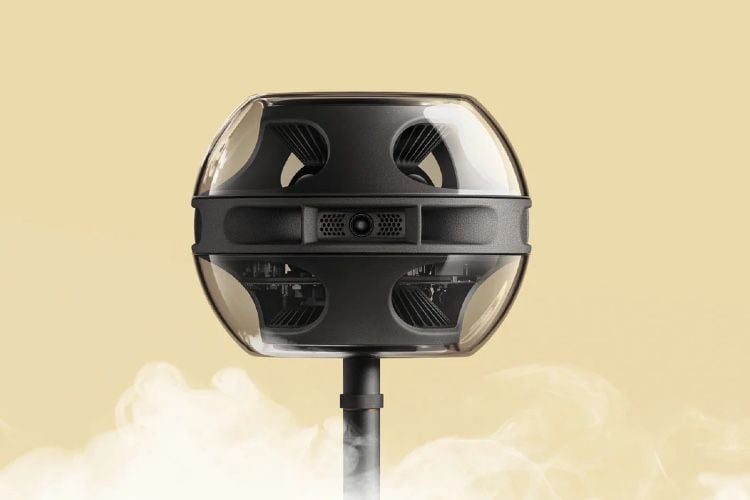[앵커]
As the Arctic cold wave, which lasted for nearly 10 days, peaked, Seoul had the lowest temperature in 20 years.
The icebreaking work began in two years, as parts of the Han River began to freeze.
This is reporter Jung Hye-yoon.
[기자]
The cold wave in the Arctic, which lasted for nearly ten days, reached its peak.
The temperature at Hyangnobong Peak in Gangwon-do was -29.1 degrees Celsius and -18.6 degrees Celsius in Seoul, making it the coldest in 20 years since 2001.
In particular, the perceived temperature was below -25 degrees Celsius, similar to the freezer temperature.
On the way to work in the morning, the ramen served on the street froze like a lie.
In addition, moisture on the eyebrows of the weather casters on the air froze like a castle, making them feel the power of the Arctic cold wave.
The flow started to stop in various places on the Han River that flowed slowly.
An ice layer began to form, and as the freezing zone increased, the Han River Passion Rescue Team began ice-breaking work to secure an emergency passage.
However, the official freezing of the Han River is still there.
This is because freezing on the Han River is recognized only when a band of ice forms 100m upstream between the 2nd to 4th piers toward Noryangjin of Hangang Bridge.
This cold wave, which peaked, will ease from the beginning of next week after it continues until the holidays.
[임다솔 / 기상청 예보분석관 : 강추위의 정점이었던 8일 이후, 기온이 다소 오르겠지만, 여전히 평년보다 5∼10도가량 낮아 춥겠습니다. 다음 주 초반까지도 중부 지방 중심으로 아침 기온이 영하 10도를 밑돌며 추위가 이어지겠습니다.]
Snow on the west coast and Jeju Island is expected to enter a lull next week after this holiday continues.
The Meteorological Administration predicted that from late January to early February, it will not be stronger than this time, but one or two more surprises will occur.
This is YTN Jeong Hye-yoon.
[저작권자(c) YTN & YTN plus 무단전재 및 재배포 금지]
– .
![[기상센터]January cold wave in 20 years… ramen is also full, ice everywhere in the Han River [기상센터]January cold wave in 20 years… ramen is also full, ice everywhere in the Han River](https://image.ytn.co.kr/general/jpg/2021/0108/202101082147140921_t.jpg)

